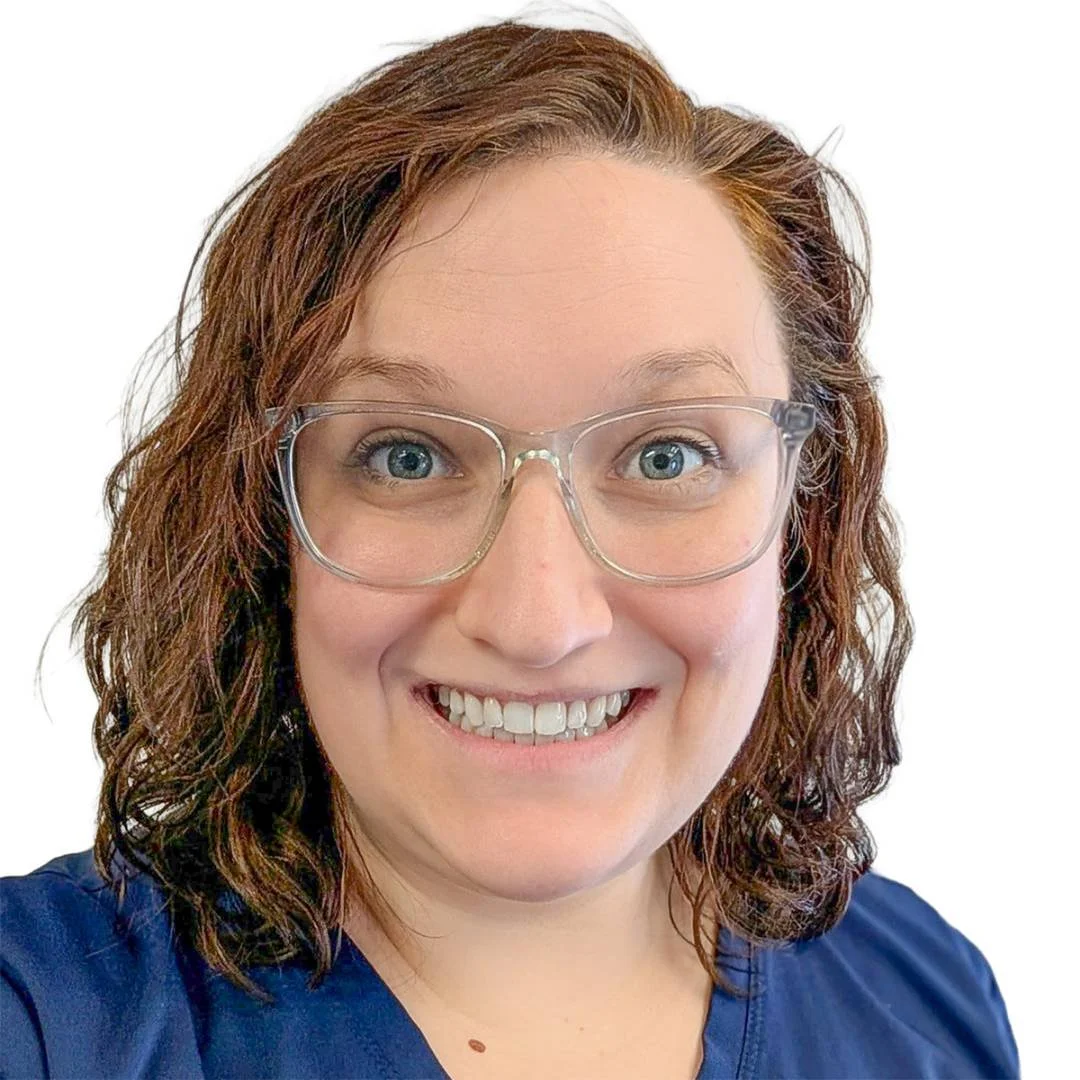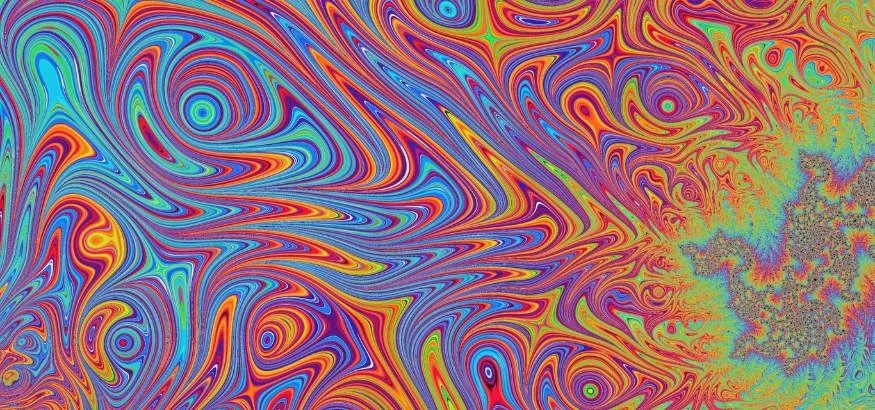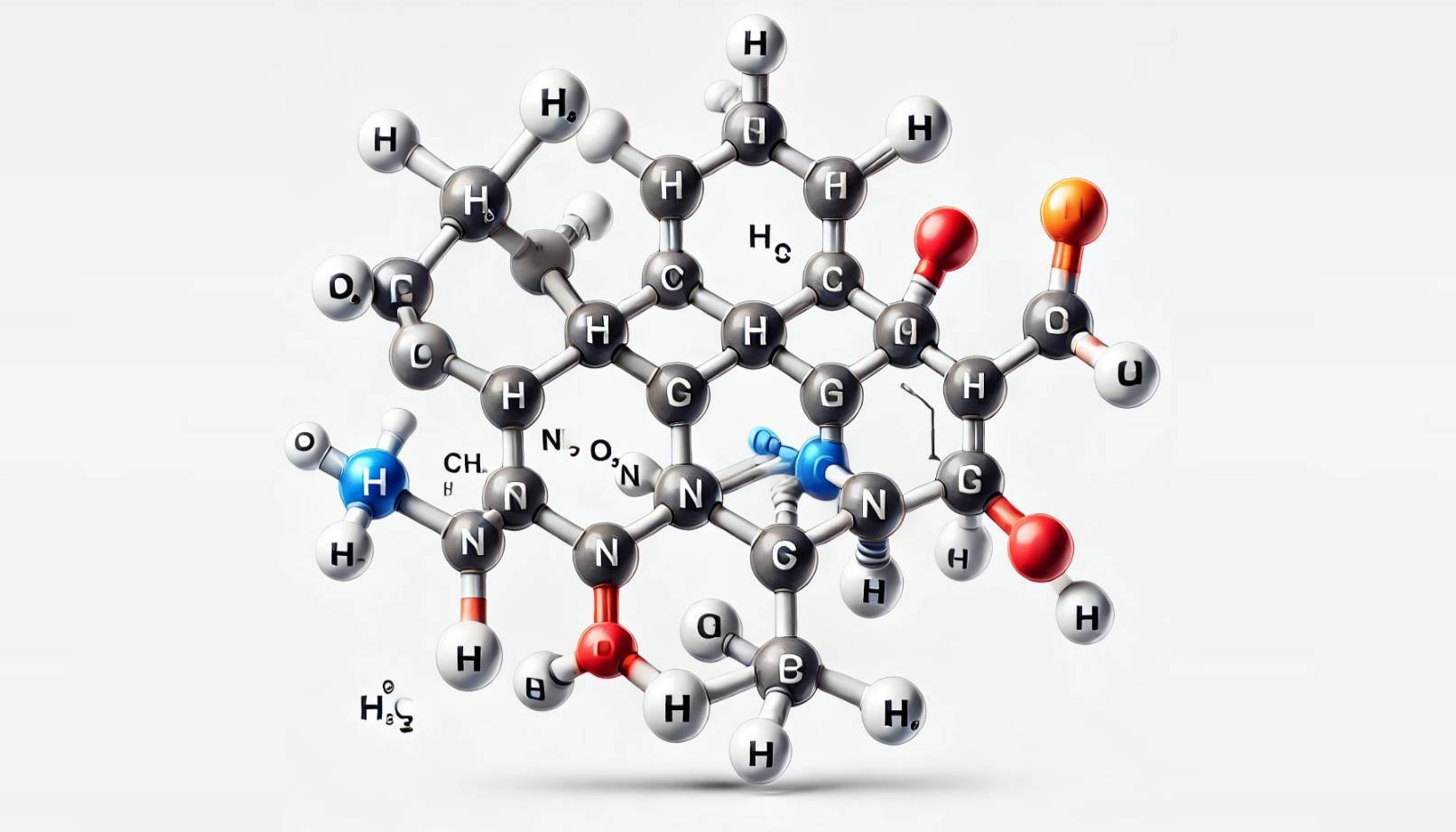
PTSD
What is PTSD?
Post-Traumatic Stress Disorder (PTSD) is a mental health condition that can occur in people who have experienced or witnessed a traumatic event. More recently, we've began to explore the idea of Chronic PTSD (C-PTSD) as well which seeks to understand the effects of prolonged trauma on the body and brain.
What does PTSD feel like?
The effects of trauma through PTSD can manifest in a variety of ways. The psychological effects of trauma are well understood within in the context of traditional diagnostic frameworks, however we are beginning to understand further the effects of trauma on the body as well.
-
Psychological manifestations of trauma can include intrusive memories, nightmares, and flashbacks that recreate the traumatic event, accompanied by avoidance of reminders, emotional numbness, and a sense of detachment from others. Hyperarousal symptoms such as heightened anxiety, hypervigilance, and difficulty concentrating may also arise. Additionally, individuals may experience negative changes in mood, self-perception, and interpersonal relationships.
-
The effects of trauma on the body can include disruptions to the nervous system including increased heart rate, elevated blood pressure, and rapid breathing. Persistent hyperarousal of the nervous system can contribute to chronic fatigue, sleep disturbances, and difficulties in relaxation. Additionally, individuals with PTSD may experience gastrointestinal issues, headaches, muscle tension, and an increased vulnerability to physical ailments. The body's stress response, when constantly activated due to PTSD, can have long-term consequences on overall physical health, highlighting the need for comprehensive care that addresses both the psychological and physiological aspects of the disorder.
Generally speaking…
How is PTSD treated?
Treatment plans are tailored to individual needs, recognizing that a holistic approach yields the most comprehensive outcomes for those affected by trauma. This may involve a team approach to address various manifestations of trauma or could be with an individual practitioner.
We work carefully to screen and identify trauma upon our first interaction with our patients so that we are able to create a trauma-informed plan to address. While we provide an array of options to address trauma, we also understand the delicate nature of disclosure and varying readiness to explore painful subjects. We strive to guide everyone at their own pace.
At Philadelphia Integrative Psychiatry
We treat PTSD differently.
Philadelphia Integrative Psychiatry recognizes the crucial connection between the body and brain in addressing PTSD/C-PTSD and emphasizes a comprehensive approach to treatment. A range of modalities can be utilized to address both the psychological and physiological aspects of trauma at our practice.
-
Various forms of psychotherapy, such as cognitive-behavioral therapy (CBT), eye movement desensitization and reprocessing (EMDR), and psychodynamic therapy, can help individuals process traumatic experiences, challenge negative beliefs, and develop coping strategies. These therapies often address the mind-body connection by exploring the physical sensations associated with trauma and promoting awareness of how the body responds to triggers. Ketamine assisted psychotherapy can be a way to accelerate certain changes made through psychotherapy as well.
-
Psychotropic medications, such as selective serotonin reuptake inhibitors (SSRIs), may be prescribed to alleviate symptoms of depression, anxiety, and sleep disturbances commonly associated with PTSD/C-PTSD. Medications can support overall well-being and indirectly impact the body-brain connection by addressing physiological symptoms.
-
Techniques like mindfulness-based stress reduction (MBSR), yoga, meditation and biofeedback can help individuals cultivate present-moment awareness, regulate emotions, and reduce physiological arousal. These practices acknowledge the interplay between the body and brain, fostering relaxation, grounding, and self-awareness.
-
Nutrition plays a vital role in supporting overall well-being, including brain health and emotional regulation. A dietitian can provide guidance on adopting a balanced diet rich in nutrients that promote mental wellness. They can help identify any dietary patterns or deficiencies that may exacerbate symptoms and recommend specific foods and supplements that support the body's stress response, neurotransmitter production, and immune system function. Incorporating nutritional support into the treatment plan can optimize the body-brain connection and contribute to the overall healing process.
By integrating these various approaches, practitioners in integrative psychiatry aim to address the interconnected nature of PTSD/C-PTSD symptoms, acknowledging the importance of both psychological healing and the restoration of the body-brain equilibrium.
If you are seeking PTSD treatment in Pennsylvania that goes beyond traditional methods, consider our clinic. We specialize in providing the best treatment for complex PTSD and offer effective solutions for managing PTSD flashbacks. Our evidence-based approach ensures that you receive the highest quality care, particularly if you are a veteran in need of PTSD treatment for veterans.
Explore our innovative methods, including virtual PTSD treatment and concierge PTSD treatment, designed to meet your unique needs. Our integrative psychiatry approach combines traditional and alternative therapies to provide the best treatment for PTSD. Contact us to embark on a personalized journey towards healing and recovery.
Our providers specialize in treating PTSD
Related posts from our blog:
A single dose of MM120, an LSD-based treatment, showed rapid and lasting reductions in anxiety symptoms in a new Phase 2b study. Learn what this means for the future of anxiety care.
Dr. Danish explores effective care plans for managing social anxiety disorder (SAD) including a combination of Cognitive Behavioral Therapy (CBT) and pharmacotherapy.
AI is transforming mental health care by predicting recovery in generalized anxiety disorder (GAD). Learn how machine learning is shaping the future of GAD treatment at Philadelphia Integrative Psychiatry.
One of the medications our medication management team utilizes for patients with ADHD is Onyda X — a once-daily, non-stimulant liquid formulation approved for ADHD treatment in children aged six and older.
Originally developed as an antidepressant, amitriptyline has been found to be effective for multiple disorders beyond depression, including anxiety disorders, chronic pain, and sleep disturbances. By increasing levels of serotonin and norepinephrine in the brain, amitriptyline helps regulate mood, alleviate pain, and improve sleep quality.
In this post, we’ll explore why scaling back your social media can boost your brain health, lift your mood, and ease anxiety, all backed by the latest findings and our clinical expertise.
Discover how behavioral activation and interpersonal connection through InterRhythmic Care significantly improve depression and anxiety symptoms while enhancing social functioning.
Dr. Danish and the team at Philadelphia Integrative Psychiatry are committed to staying informed about the latest advancements in PTSD treatments, such as the stellate ganglion block (SGB). Although SGB is a surgical procedure that we do not provide directly, we recognize its potential in alleviating PTSD symptoms by targeting the sympathetic nervous system.
The term "disorder" in PTSD has been criticized for its potential to stigmatize those affected, discouraging them from seeking necessary care. Dr. Danish, committed to a holistic and integrative approach, recognizes the importance of language in mental health treatment.
Fluvoxamine, commonly known by its brand name Luvox, has evidence for treating OCD, anxiety, and depression across all ages. This post provides information about mechanism, efficacy, dosing, and possible side effects.
Beta blockers are a class of medications that can be effective in managing symptoms of anxiety, particularly when the anxiety is linked to specific events or situations.
Seroquel (Quetiapine) is a versatile medication with applications extending beyond its primary indications. Its off-label use for anxiety and other conditions is supported by clinical experience and some research studies.
At Philadelphia Integrative Psychiatry, we are thrilled to introduce Transcranial Magnetic Stimulation (TMS) as a new treatment option for a range of mental health disorders including depression, anxiety, OCD, addiction, ADHD, and more.
The insights provided by the Global Drug Survey and the practical guidelines developed by experts like Professor Winstock empower Dr. Danish and his team at Philadelphia Integrative Psychiatry to make informed and balanced decisions regarding marijuana use among teens and young adults
By embracing the transformative potential of psychedelic and ketamine-assisted psychotherapies, Philadelphia Integrative Psychiatry is at the forefront of providing comprehensive, personalized treatment plans that address the multifaceted needs of our patients.
The 4-7-8 breathing technique is a simple, effective tool that can be used anywhere to help alleviate anxiety. Regular practice can enhance its benefits, making it a valuable component of daily stress management.





















































